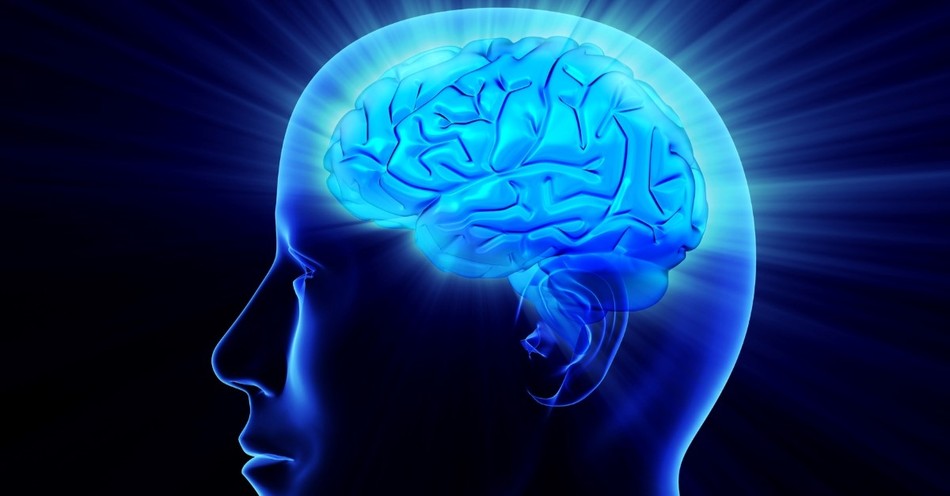Apollinarianism is an early Christian heresy that attempted to preserve Jesus’ divinity at the expense of his full humanity. The result created more problems.
What Is Apollinarianism?
Apollinarianism heretically claims that Jesus had no human soul or mind but that he did have a human body. It explained the incarnation in a way that tried to preserve Jesus’ divinity over his humanity. He argued that Jesus had a human body and a human soul but that the divine Word (Logos) replaced Jesus’ human mind.
Where did Apollinarianism Come From?
Apollinarianism came from the fourth century AD by Apollinarius of Laodicea. Appollinarianism arose in response to the Arian heresy. He intended to preserve Jesus’ full divinity, his full humanity, and how they interact. However, Apollinarius overreacted in response to the culture around him.
Apollinaris was trying to apply the teachings of the council of Nicaea to Jesus as the God-man. Immediately others began to attack Apollinaris’ idea because they believed his idea undermined Jesus’ death on our behalf.
What Did the Early Church Have To Say About Apollinarianism?
Many early church fathers refuted Apollinarianism because they accurately saw it as an overcorrection from the Arian heresy. One of the most vocal opponents of Apollinarius was Athanasius. Many scholars believe Athanasius’ classic work On The Incarnation was written partly to silence the heresies being spouted by Apollinarians and the Arians. He was trying to find the balance between Jesus’ Humanity and Divinity.
In this work, Athanasius defended Jesus’ full humanity and full divinity. For example, in 42:7, he says, “And as Mind, pervading man all through, is interpreted by a part of the body, I mean the tongue, without any one saying, I suppose, that the essence of the mind is on that account lowered, so if the Word, pervading all things, has used a human instrument, this cannot appear unseemly. For, as I have said previously, if it be unseemly to have used a body as an instrument, it is unseemly also for Him to be in the Whole.”
From this, we can see that the divine Word (Jesus) used a fully human body and human mind. He was both fully God and fully man, and it is not an insult to his holiness or full divinity to be both God and Man.
The Council of Constantinople developed the idea of the hypostatic union. Apollinarius first used this term, but it later referred to the fact that Jesus’ human and divine natures are complete and distinct.
One theologian, Gregory of Naziansus, put the problem of Apollinarianism succinctly in a letter to Cledonius when he said, “that which is not assumed is not healed.” Gregory’s point is that if Christ did not have a human soul or mind, his death for us doesn’t give us his perfection. It means Christ never had a human mind or soul to begin with.
Why Does Apollinarianism Undermine Jesus’ Death on the Cross?
Apollinarianism undermines Jesus’ Death on the cross because it fails to make him a full representative of humanity.
The fact that Jesus is both human and divine is vital for the Christian faith because only when Jesus is fully human can he be our perfect representative. His humanity allows him to fully conquer sin because he has been tempted in every way as we are, yet never sinned. Jesus’ human mind also enables him to sympathize with us. Hebrews 2:18 makes this clear. Because he has suffered when tempted, he can help those who are tempted.
According to Philip Ryken, “It’s clear that Jesus was a true human being, but it’s also clear from the testimony of the Bible and from what Jesus said about himself, that he is also truly God. That he claimed to be the same Lord God, as the God of the Old Testament. That he demanded and deserved to be worshiped as God and now has been exalted by God, the father, to a place of a rule and dominion over the entire universe. To believe in Jesus really is to believe both in his genuine humanity and his full and complete deity. And really both of those things are necessary for our salvation. We need a savior who himself has become flesh and blood. The Bible says that in order to save his brothers, Jesus had to be made like us. And yet, in order to offer a perfect atonement for our sins, the infinitely, precious sacrifice, he also offered the very blood of God you might say, a perfect sacrifice based on his deity and both of these things are necessary for our salvation.”
What Does The Bible Say about Apollinarianism and Jesus’ Humanity And Divinity?
One passage that counters Apollinarianism is Hebrews 4 and 5, which discuss Jesus as the High Priest. The crux of the author’s argument is that for a high priest to advocate for his people, he must be like them. Therefore, Jesus needed a human soul and human body to advocate for us as our high priest. Apollinarians would need to downplay Jesus’ Humanity to justify their viewpoint. They may argue that Jesus’ Divine mind allowed him to sympathize with believers’ weakness without actually experiencing it himself. However, this is not supported by Hebrews 5:8-9, which says that Christ, like a son, learned obedience.
If Christ only had a divine mind, it would have been impossible for him to learn because he would already know all things and could not grow in wisdom as the Bible Says he did (Luke 2:52). Jesus as the Word did not change (Hebrews 13:8). Still because he took on our full humanity, he did learn things in the same way we do.
Why Is it Important to Understand Apollinarianism?
Understanding what led Apollinarius to make his theological errors helps believers avoid making similar ones. Christians often swing from one extreme to another when responding to theological controversies. For example, in the 1920s, a new conservative movement called Christian fundamentalism arose in response to the mainline Christian denominations rejecting part of the Christian faith and incorporating more of the world’s values into the faith. Fundamentalists, meanwhile, doubled down on the distinctiveness of the Christian faith and separated from society rather than reaching out and responding to society. By the 1940s, the fundamentalist stance had made its members so disconnected that a new movement called evangelicalism arose to counteract their world-denying tendencies.
It is critical for us today to strike a balance between the extremes represented in Arius and Apollinarius. Instead, we should be like Athanasius and respond to the culture around us Biblically but in a way that our culture can receive. That will likely make us unpopular with the world because Athanasius was, as his tombstone read, “against the world.”
Is Apollinarianism Still Believed Today?
Traditional Apollinarianism has not come back, unlike other Christological heresies. However, some Christian philosophers, such as William Lane Craig, propose what is called neo-Apollinarianism. Craig affirms that in Christ, we have one person with two complete, distinct natures. However, Craig also believes that the Logos contains all the necessary elements of a human soul. In this view, the divine aspects of Logos became subconscious during the time of the incarnation. Christ’s subconscious assumption of the divine Logos means that he is not simply God in disguise but possesses all the necessary elements of human nature. In Craig’s view, this makes him 100% God and 100% Man.
This view has several problems because it still implies that Christ did not have a fully human soul or mind apart from the Logos. This leaves us with the second person of the Trinity inhabiting a husk of a human rather than taking on a fully human mind and body.
As previously discussed, this nullifies the atonement of Christ because Christ did not possess a fully human nature but rather only a divine nature that looked like a human one. This view also attempts to explain a divine mystery God has not made known to us. As Deuteronomy 29:29 says, “The hidden things belong to the Lord.” We know from scripture that Jesus had a fully divine and a fully human nature.
However, Craig’s belief does allow him to be within the realm of orthodoxy. You can hear him discuss and defend this view here.
For more on this topic:
Read an edited transcript of Jack Graham from the video above:
That is a mystery that the human mind could never comprehend. The greatest Christian who ever lived, in my estimation, the brightest mind God ever gave the church, was Saul of Tarsus who became Paul the missionary. Paul the great author of so much of the New Testament. When he spoke of that he was clear that Jesus is God and Jesus is man. But he also said, “Great is the mystery of godliness, that God was manifest in the flesh.”
While we cannot understand it, we know it is true in the announcement of the gospel. If you are going to believe the gospel this is a central core truth of the Christian faith. That Jesus is fully God and fully man. Just as much man as if he were not God at all. And just as much God as if he were not man at all. But God-man. 100% God and 100% man.
You may also enjoy:
Historic Heresies Related to the Nature of Jesus
Photo Credit: © Getty Images/iLexx
Ben Reichert works with college students in New Zealand. He graduated from Iowa State in 2019 with degrees in Bioinformatics and Computational Biology, and agronomy. He is passionate about church history, theology, and having people walk with Jesus. When not working or writing you can find him running or hiking in the beautiful New Zealand Bush.









